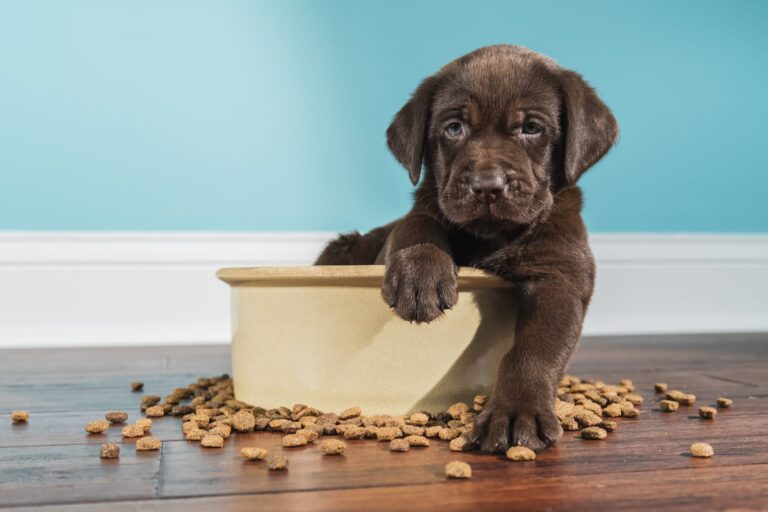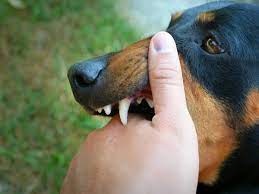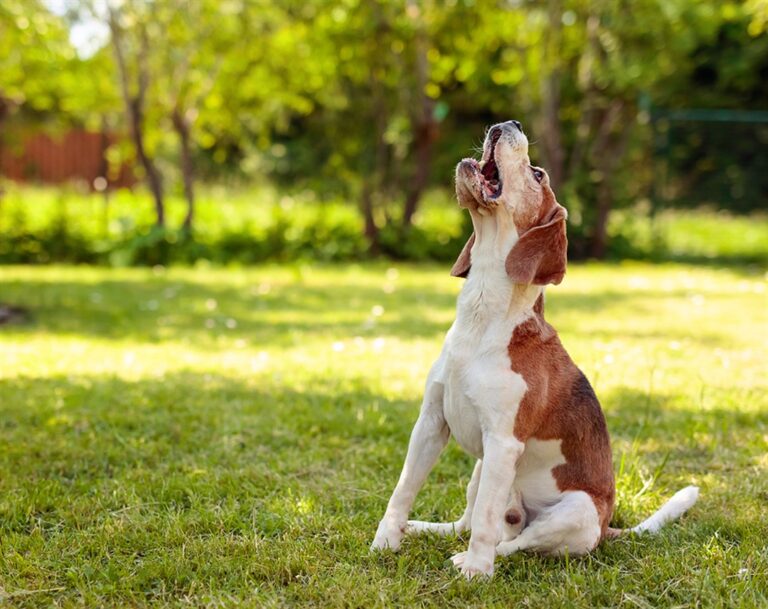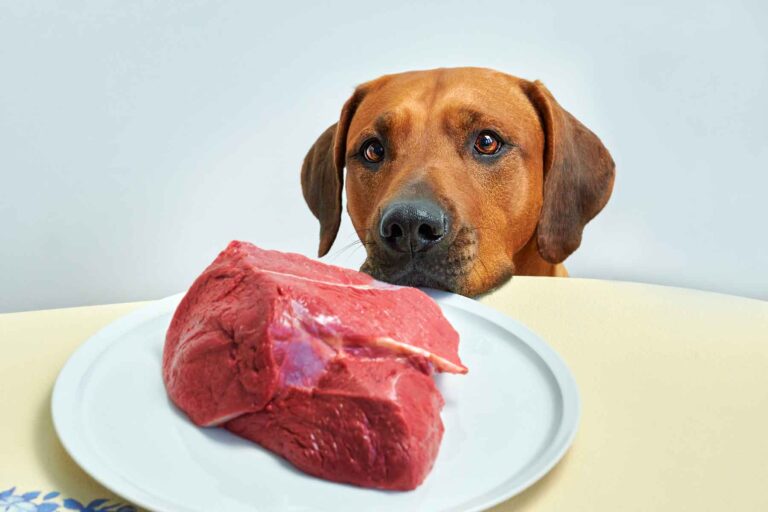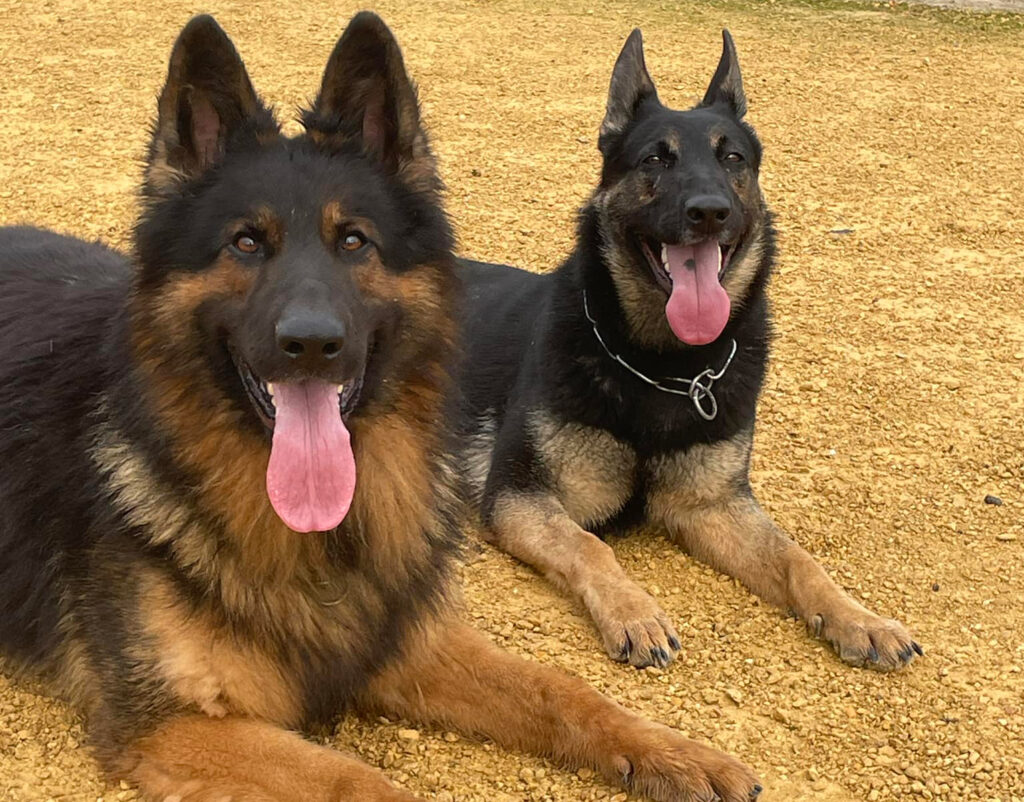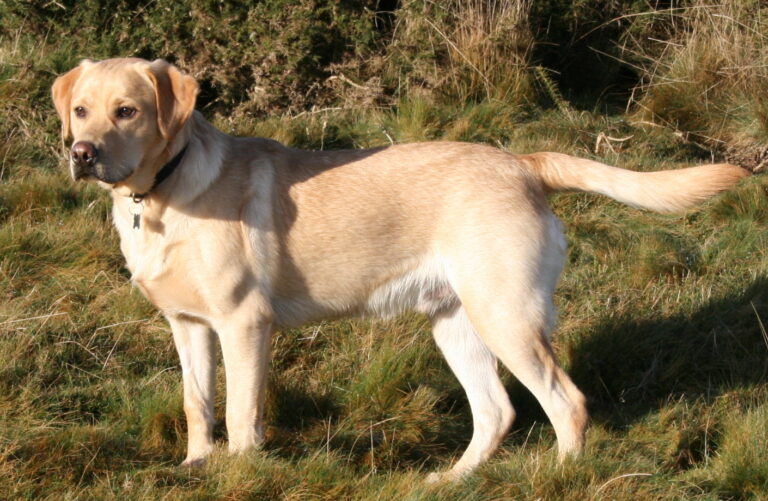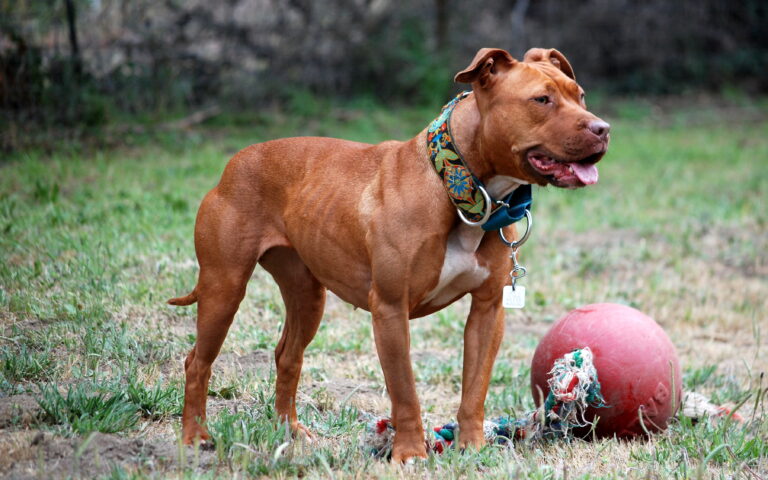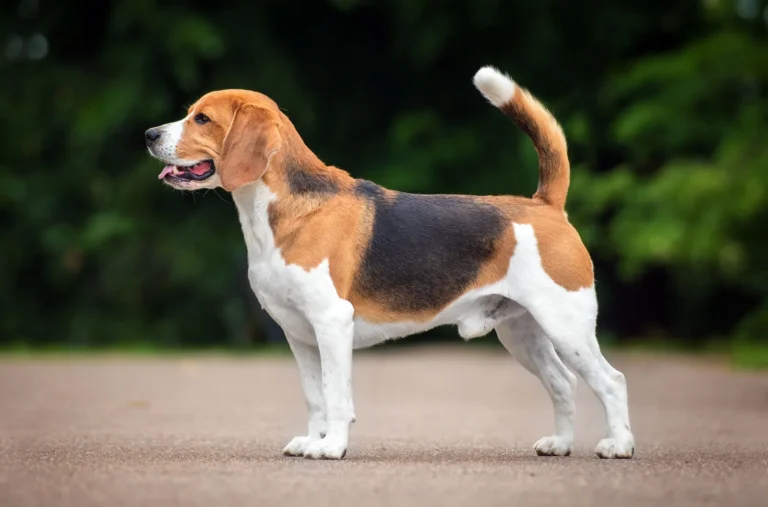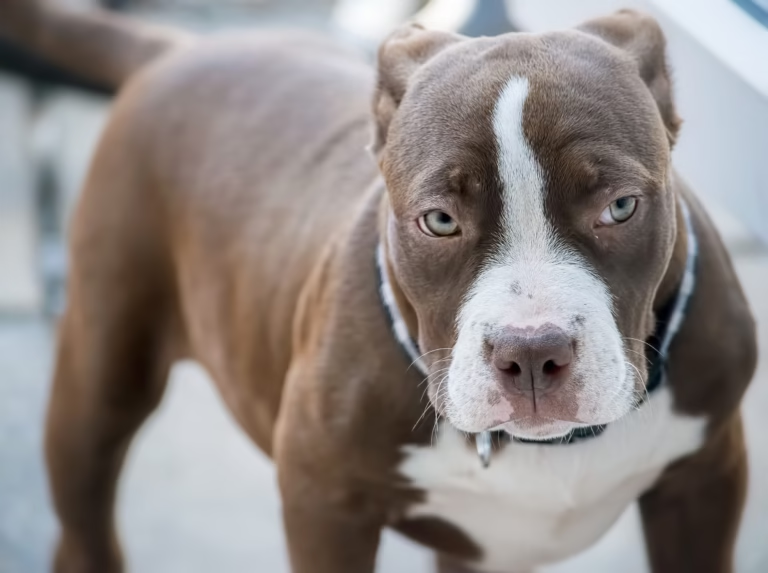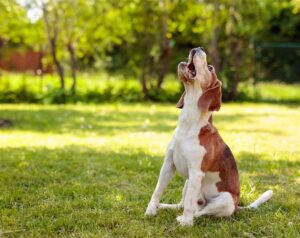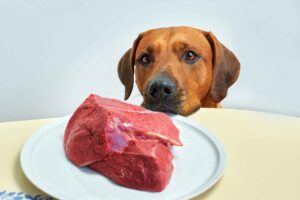When it comes to home security and personal protection, few options are as loyal and effective as a well-trained guard dog. These intelligent and courageous canines not only provide physical protection but also serve as beloved companions. However, not all guard dogs are created equal — some breeds are better suited for families, while others excel in rural settings, on farms, or as personal bodyguards. Choosing the right guard dog breed requires a balance between temperament, size, training needs, and your own lifestyle.
In this detailed guide, Dog Health explores the top guard dog breeds, what makes them effective protectors, and how to choose the one that best fits your needs.
What Makes a Good Guard Dog?
Before diving into breed profiles, it’s important to understand the traits that define a reliable guard dog. Good guard dogs typically possess:
-
Strong protective instincts
-
Loyalty and obedience
-
Territorial behavior
-
Courage and confidence
-
High trainability
-
Controlled aggression (they must distinguish between real threats and normal situations)
Most importantly, an effective guard dog is one that is well-trained and socialized, ensuring it is protective without being a danger to others.
Top Guard Dog Breeds and Their Unique Strengths
Here are some of the most popular and effective guard dog breeds, along with their characteristics:
1. German Shepherd
Why it’s a great guard dog:
German Shepherds are intelligent, confident, and highly trainable dogs. They’re used in police and military roles around the world due to their loyalty and strong work ethic.
Best for:
Families, active owners, law enforcement, personal protection
Key Traits:
-
Medium to large size
-
Highly trainable
-
Good with children when socialized
-
Needs regular mental and physical stimulation
2. Rottweiler
Why it’s a great guard dog:
Originally bred to drive cattle and pull carts, Rottweilers are powerful, loyal, and fearless. They are calm but will quickly rise to defend their territory or family if threatened.
Best for:
Experienced dog owners, property protection
Key Traits:
-
Very strong and muscular
-
Naturally protective
-
Can be aloof with strangers
-
Needs firm training and early socialization
3. Doberman Pinscher
Why it’s a great guard dog:
Dobermans are sleek, fast, and intelligent. They are alert and fearless, often used in security work. Their intimidating appearance is often enough to deter intruders.
Best for:
Active individuals, home protection, personal security
Key Traits:
-
Athletic and energetic
-
Loyal and obedient
-
Needs lots of exercise and interaction
-
Sensitive and bond closely with owners
4. Bullmastiff
Why it’s a great guard dog:
A natural guardian, the Bullmastiff is protective without being overly aggressive. They’re quiet, confident, and will physically block intruders rather than bark or attack.
Best for:
Families seeking a gentle but effective watchdog
Key Traits:
-
Large and powerful
-
Calm and affectionate with family
-
Low energy, great for smaller spaces
-
Can be stubborn — needs firm, consistent training
5. Belgian Malinois
Why it’s a great guard dog:
This breed is a top choice for military and police units. Belgian Malinois are intelligent, quick, and highly responsive to training. They’re ideal for serious working roles.
Best for:
Professional security, highly active owners
Key Traits:
-
Extremely trainable
-
High energy and endurance
-
Requires constant mental stimulation
-
Not ideal for first-time dog owners
6. Cane Corso
Why it’s a great guard dog:
The Cane Corso is an Italian mastiff known for its imposing presence and loyal temperament. They are naturally protective and make excellent estate guardians.
Best for:
Experienced dog owners with space and time for training
Key Traits:
-
Large, muscular build
-
Strong-willed but loyal
-
Needs early socialization
-
Very territorial and protective
7. Akita
Why it’s a great guard dog:
Originally bred in Japan for guarding royalty, Akitas are dignified, reserved, and fiercely loyal. They are protective of their family and suspicious of strangers.
Best for:
Single-person households, calm environments
Key Traits:
-
Thick double coat
-
Independent and aloof
-
Quiet — will not bark unless necessary
-
Not very social with other animals
8. Giant Schnauzer
Why it’s a great guard dog:
Giant Schnauzers are intelligent, bold, and naturally protective. Their strong build and sharp mind make them excellent guard dogs for homes or businesses.
Best for:
Active families, working homes, rural properties
Key Traits:
-
Powerful and agile
-
Loyal and highly trainable
-
Needs grooming due to wiry coat
-
High energy level
Choosing the Right Guard Dog for Your Lifestyle
Here’s how to decide which guard dog is right for you:
Consider Your Living Situation
-
Apartment living: Bullmastiff, Akita (low energy indoors)
-
Large yard or farm: German Shepherd, Belgian Malinois, Cane Corso
Experience Level
-
First-time dog owner: Consider a German Shepherd or Bullmastiff
-
Experienced owner: Rottweiler, Cane Corso, Belgian Malinois
Family Dynamics
-
With young kids: German Shepherd, Bullmastiff, Doberman (when trained and socialized)
-
Single adult or couple: Akita, Belgian Malinois, Cane Corso
Time Commitment
Some breeds require significant daily exercise and training. If you have a busy schedule, avoid high-maintenance breeds like the Malinois unless you’re committed to their needs.
Training: The Key to a Reliable Guard Dog
Even the best guard dog breed can become a liability without proper training and socialization. Basic obedience is a must, followed by:
-
Controlled exposure to strangers and other animals
-
Consistent routines
-
Advanced training (professional help may be needed for protection roles)
Socialization should start early to prevent aggression or fear-based behavior.
Final Thoughts: Protection and Companionship in One
A guard dog can be one of the most loyal and loving additions to your life. Whether you’re looking for a fierce protector or a gentle watchdog, there’s a breed out there that fits your lifestyle and security needs. Remember: owning a guard dog is both a privilege and a responsibility — with proper care, training, and love, your guardian will be more than a protector; they’ll be a best friend for life.
FAQs About Guard Dog Breeds
Q: Can a guard dog also be a family pet?
A: Yes, with proper socialization and training, most guard dogs can be wonderful with families.
Q: Do guard dogs need special training?
A: Basic obedience is essential. For serious protection roles, consider professional training.
Q: Are female or male guard dogs better?
A: Both can be equally effective. Males tend to be larger, but females are often more territorial.
Q: Can small dogs be guard dogs?
A: Small dogs may be good watchdogs (alerting you by barking), but they lack the physical presence to be true guard dogs.

